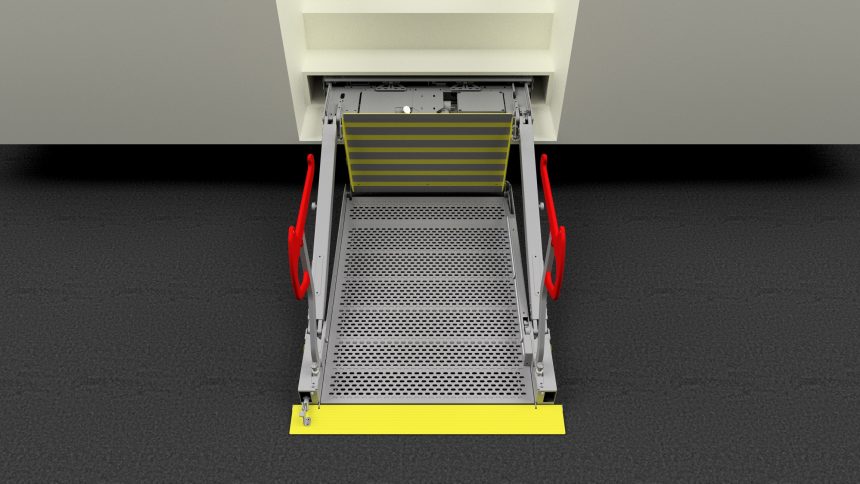The coach industry must consider its approach to PSVAR compliance and work with campaigners to highlight good work already being done to ensure that accessibility measures are applied in a practical, proportionate manner.
Those are comments made by Richard Bamber, Managing Partner of Runcorn-based Anthony’s Travel, in response to recent headlines warning of a ‘lottery’ when it comes to accessible coach travel. The point is underscored by an argument that the UK coach industry’s response to PSVAR was mishandled in 2019 due to a lack of empathy and poor communication. Mr Bamber says that initial resistance from the industry, which framed the issue as a financial burden rather than an opportunity, “cost it dearly”, resulting in reputational damage and potentially prompting a harder approach from campaign groups and government to press for blanket compliance. Instead, the industry should frame itself as compassionate and proactive.
“Too much focus was placed on the cost and inconvenience of wheelchair lifts rather than on the broader needs of disabled passengers,” he says. With medium-term exemptions coming to an end in 2026, Mr Bamber supports an alternative, proportionate approach which would see only a percentage of coaches needing to be accessible, opposed to a blanket rule requiring all vehicles on rail replacement and home-to-school duties to be compliant.
The industry should also learn its lessons from 2019 and engage more constructively with disability advocates, acknowledge challenges transparently and communicate solutions to avoid alienating customers and regulators. “Each and everyday coach operators do amazing work with people with disabilities,” Mr Bamber says. “This is what the sector should be emphasising to show it is a compassionate industry.
“If we use data and make decisions based on known figures of people with disabilities — the UK now has over 16 million registered disabled people — there is rarely a scenario where the industry will not be able to accommodate those passengers.
“A proportionate approach is correct; where in the past the sector has been lacking in wheelchair lifts, there are now more than adequate vehicles available to ensure nobody gets left behind. This is about finding common ground. Language has cost us dearly in the past and attitudes have cost us dearly. Our own disabled access coaches have opened a new world for us and those that travel with us. We now must explain the challenges we face, such as collection points and deployment of lifts, instead of arguing between ourselves.”



























